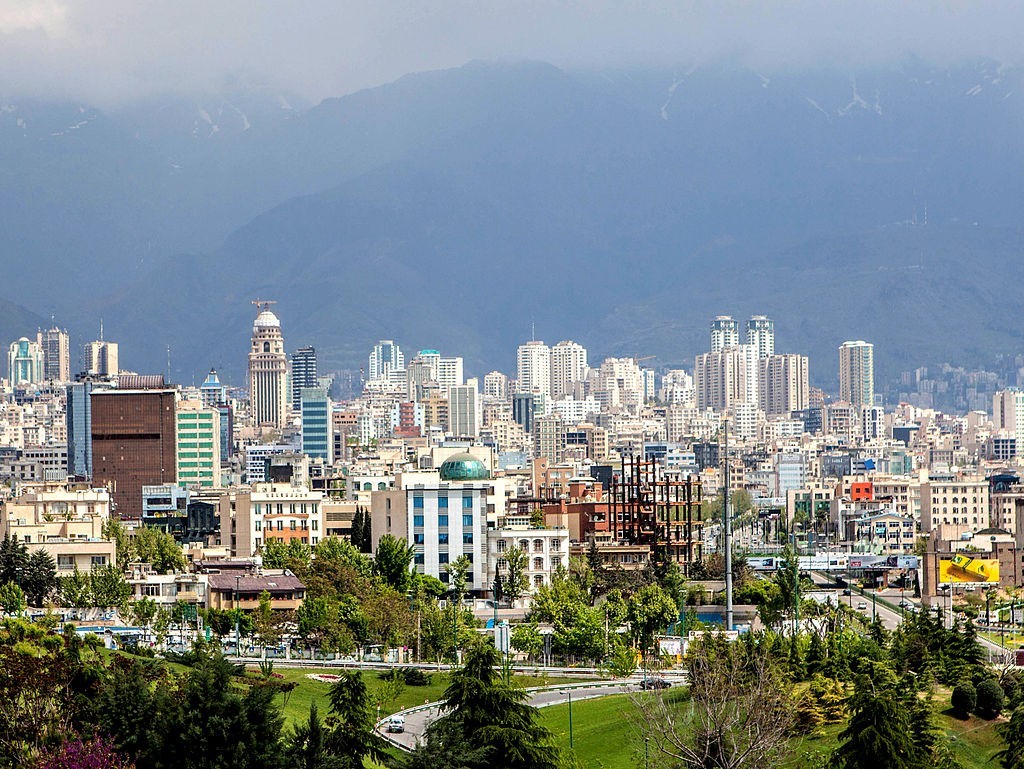
As Iran’s natural resources markets newly open to foreign participation, international oil, gas, and mining companies are considering whether and how to participate. In particular, those in the exploration and production services sectors, especially those experienced in applying advanced technologies to extracting natural resources, are eager to find their way into this new market.
However, non-U.S. companies must be cautious, as U.S. sanctions may still apply to operations, especially the use of exploration equipment containing U.S.-origin components.
The Joint Comprehensive Plan of Action that went into force in January 2016 ended much of the international sanctions against Iran for non-U.S. companies. In particular, non-U.S. companies can now begin participating in the natural resources sector as long these companies do not engage in business with a limited number of Iranian entities specifically sanctioned by the UN, EU, U.S. or others. Engaging with such listed entities still can carry legal and/or financial repercussions. However, careful due diligence can be applied to manage this risk.
Conversely, a major issue being overlooked by those entering the Iranian natural resource space is the regulations that apply to equipment containing U.S.-origin technology. The U.S. Export Administration Regulations control the export of U.S.-origin technology. This includes U.S.-origin technology that is integrated into an item manufactured outside of the United States, if the amount of incorporated technology exceeds a certain threshold.
For example, the export of German-made drilling equipment to Australia is covered by U.S. export control regulations if there is more than 25% U.S. origin technology integrated into the equipment. Depending on the type of technology and the destination, the exporter may need to apply to the U.S. Commerce Department for an export license. For a good deal of basic technology, classified as EAR99, no licenses are needed.
In the case of Iran, Syria, and North Korea, though, the threshold is 10% and applies to all technology, no matter the level of sophistication. Exports of such items are prohibited without an export license and obtaining such a license is difficult. Depending on the extent of a violation, penalties for exporting U.S.-origin technology can include denial of export privileges, fines, and listing on various U.S. government blacklists, which makes engaging in international commerce incredibly challenging.
For example, Robbins & Myers Belgium SA, the Belgian-subsidiary of U.S.-based Robbins & Myers Inc., paid $1.6 million in criminal and civil fines for illegally exporting stators made from U.S.-origin steel to Syria for use in oil extraction equipment, as well as attempting to hide this activity from its parent company.
As companies consider how to enter the Iranian market, as well as where to deploy their equipment, they must take extra precautions to understand the export control rules that may apply to their equipment and activity.
Matthew Oresman is a counsel in Pillsbury Winthrop Shaw Pittman LLP’s Public Policy and International Trade Practice.
Recommended for you
